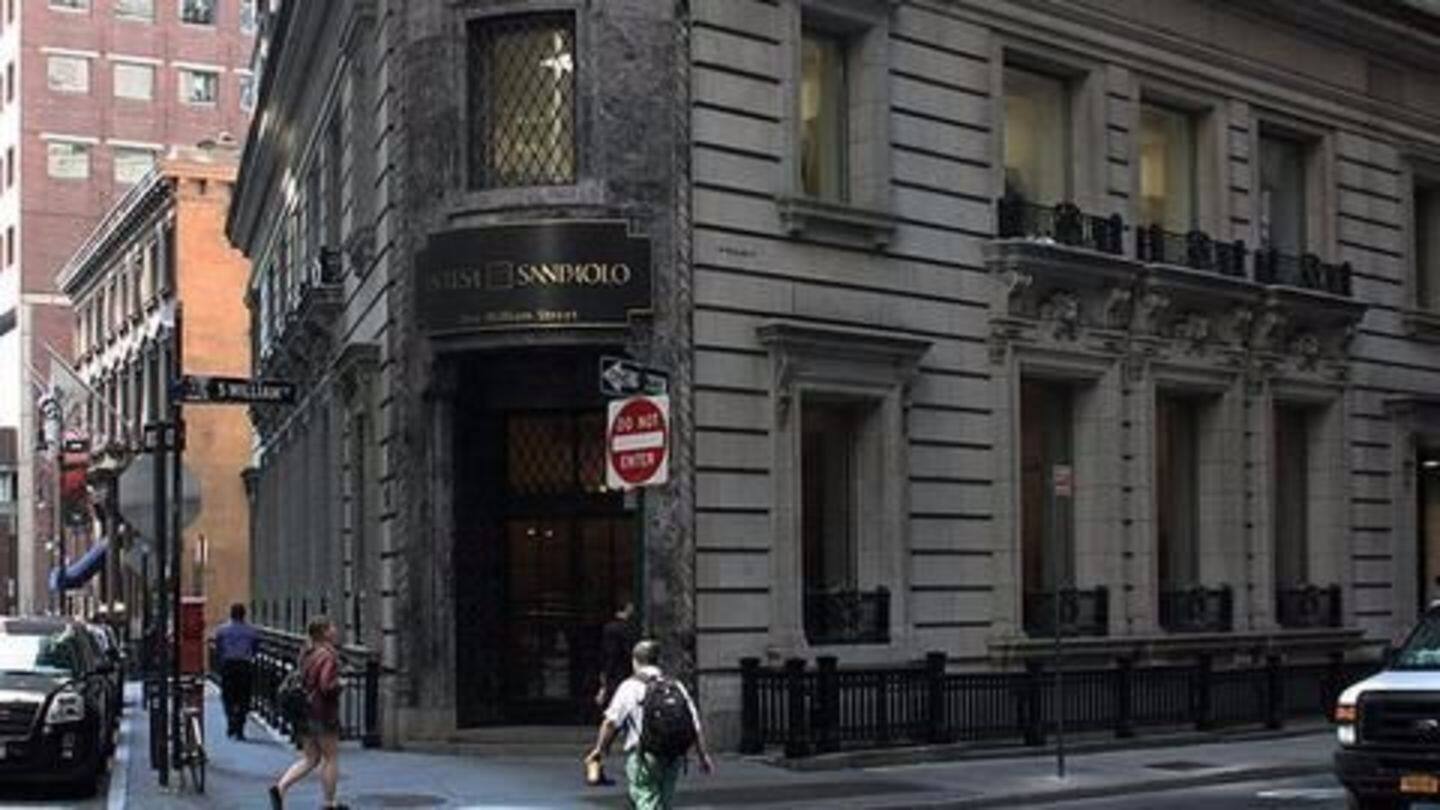
Italy will pay $19 billion to bailout its failing banks
What's the story
Italy will now pledge as much as $19 billion in order to rescue two of its failing banks, Banca Popolare di Vicenza SpA and Veneto Banca SpA; it includes state support for Intesa Sanpaolo SpA to acquire the good assets of these banks for a token amount of €1. This will be the nation's biggest bailout till date. Here's all about it.
Bailout
The bailout was necessary
Italy's finance minister Pier Carlo Padoan said, €5.2 billion will be Intesa Sanpaolo SpA's initial limit to consolidate assets without inflicting damage on the capital ratios. Italy's Prime Minister Paolo Gentiloni said it was necessary for the state to intervene because these banks operated in the northern region, a key area in Italy's economy, and small and medium-size businesses there would have otherwise suffered.
Treasury
A costly affair
The Italian Treasury has estimated €400 million as the fair value for the losses, which has already been included in the funds given to Intesa. The Italian government will also make an additional €12 billion available to insulate Intesa from potential further losses. The European Commission said that they have okayed this exorbitant bailout plan.
Banks
All attempts of revival had failed
The Italian government had earlier tried several measures to keep these banks functioning and even appealed to the wealthy citizens of the northern region, where the banks operated, to contribute so that the banks could be rescued. With European Central Bank pushing it to Single Resolution Board (SRB) in Brussels and SRB pushing it back to the government for termination, revival attempts ceased.
ECB
This intervention would help millions
ECB's directive on Friday forced the Italian government to complete the bailout plan within the weekend in accordance with the bloc's state-aid rules to ensure that the banks open on Monday. According to reports, this intervention will not only protect jobs in these two ailing banks but will also safeguard the savings of 2 million households along with financial interests of 200,000 Italian enterprises.